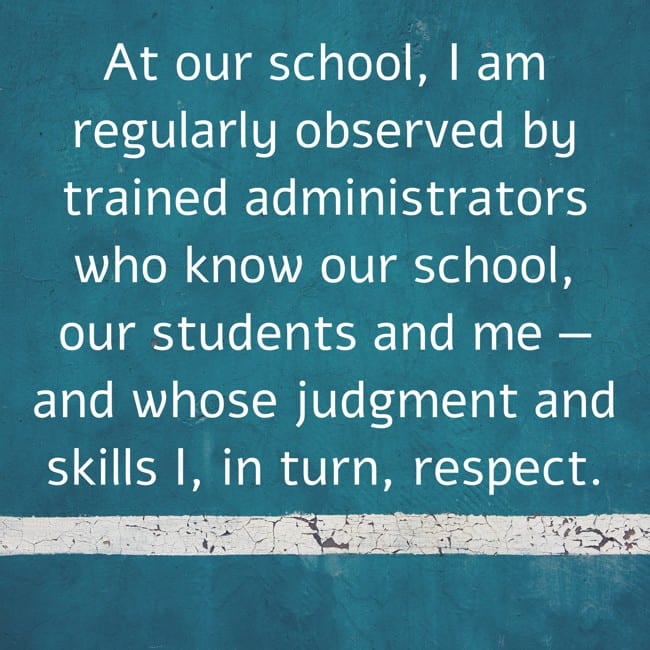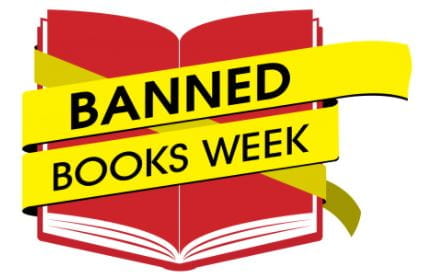I’m republishing about fifteen-or-twenty columns/articles I wrote for various publications like ASCD and The Washington Post over twelve years ago, but which are no longer available on their websites. I still think they have some relevance today. I’ll add links to these posts to the page where links to all my articles are located.
This 2010 column appeared in The Washington Post.
What is the best way for teachers to be evaluated?
A “loaded” question, indeed. Evaluating someone’s performance is always tricky. It has become even more so in education where public discussions of new forms of teacher evaluations are often introduced in the context of developing a tool to fire educators. Whether it is New York City Mayor Bloomberg ordering state test scores to be included in teacher evaluations so (as local newspapers described it) they can be used “ to decide which teachers should stay and which should go,” or D.C. Chancellor Michelle Rhee almost gleefully exaggerating the number of teachers the District recently fired because of poor evaluations, the idea of revising teacher evaluation systems understandably raises a red flag for many teachers.
As an alternative to evaluation plans that would be done “to” teachers, let me share the ways evaluations are being done “with” me. The components of this positive approach to evaluation have dramatically improved my professional practice at Luther Burbank High School where I teach. LBHS is a large high school in Sacramento CA, and over half of our students are English Language Learners.
I’m observed by instructionally savvy supervisors who know me
At our school, I am regularly observed by trained administrators who know our school, our students and me — and whose judgment and skills I, in turn, respect. I know they are genuinely concerned about my professional development. They understand that helping me improve my skills is the best thing they can do to help our students. Our administrators typically come by for two 30-minute formal observations each school year, and numerous short “drop-ins.” While I’m very confident in my ability as a teacher, these purposeful visits have produced detailed and helpful feedback that has made me an even better educator.
My supervisors recognize it’s better to be “data-informed” than “data-driven”
Many reformers call for “data-driven” schools. At LBHS, principal Ted Appel is a strong believer in being “data-informed” instead. He understands the value of data but recognizes that schools that are “data-driven” might make decisions like keeping students who are “borderline” between algebra and a higher level of math in the algebra classroom so that they do well on the algebra state test instead of being more challenged. Or, in English, teachers in data-driven schools might focus a lot of time and energy on teaching a “strand” that is heavily represented on the state tests — even though that obsessive focus might take away from other instruction that can help the student become a life-long reader. Quality school leaders like Appel reject these practices. Given the choice between institutional self-interest and doing what’s best for students, they will always choose the latter and expect teachers to do the same.
In schools that are data-informed, test results are just one more piece of information that can be helpful in determining future directions. There is recognition that, as a recent commission study by the United States Department of Education reported, “more than 90 percent of the variation in student gain scores is due to the variation in student-level factors that are not under control of the teacher.”
When test results for my students a year ago were poor (after several years of much higher scores), Ted Appel and other administrators were aware that my students at that time faced an unusual number of challenges. There were no threats (implicit or explicit) – only support – along with the usual annual observations of my teaching. This past year, with a new group of students and no major instructional changes on my part, students made substantial test gains.
We make sure there are multiple types of data
At our school, we recognize that real life is not full of questions that provide multiple choice answers. Instead, a priority is made to have teachers regularly give “performance-based assessments” where students have to construct their own responses by writing essays or taking a “cloze test” where participants are asked to replace missing words and demonstrate understanding of context and vocabulary. Teachers are given time to create common assessments as a group, to score them as a group, and to compare and discuss the results as a group – all in the spirit of being informed but not suppressed by data.
I hear regular feedback from students, colleagues and parents
In my classroom, I regularly have students complete anonymous evaluations of the class and of my teaching. The feedback I receive is another piece of data that can help me determine the effectiveness of my instruction and make positive changes.
Colleagues also observe my classes. Our large school is divided into seven small learning communities (SLCs). In each community, 300 students stay with the same group of 20 teachers from ninth through 12th grade. The teachers in my SLC periodically observe one another (purely voluntary, informal, and during our free periods), using a short checklist of questions we created ourselves: Are all students engaged? If so, how? If not, why? Do you feel the expectations of the class are too much or not enough? Is the work being given higher order thinking or just task work (book work)? I have also had colleagues who observed my class post questions on the Web for my students about my teaching. You can see an example here.
In schools, another very key “interested party” is parents. Often when I speak with parents – either over the phone, during home visits, parent-teacher conferences, or open houses — I ask about what their students say about our class, good and bad. I value this feedback, and it becomes another important element in my constant quest to stay data-informed.
Self-Reflection
In my classroom, I work hard at helping my students develop their capacity for self-reflection. Without this discipline, they can fall into the trap of living their lives by a formula and make the same mistakes over and over again. They can learn the facts but miss the opportunity to develop an understanding.
The same holds true for teachers. Well-known education researcher Robert Marzano emphasizes the importance of self-reflection in any kind of effective teacher assessment. There are obviously many ways to implement this reflective process both formally and informally with colleagues and supervisors. I also write about teaching in my blog and pay attention to the feedback I receive from readers.
One simple question I regularly ask myself is one suggested by Marvin Marshall (, a noted writer on positive classroom management strategies. He recommends that teachers ask: If I were a student, would I want me as a teacher?
If yes, list the reasons. If no, list the reasons.
Providing schools the resources so that administrators have more time to observe teachers; so that teachers are trained and are provided time to observe their colleagues; so that educators have common time to prepare and evaluate assessments that show higher-level thinking skills; and so that all school staff can engage more with parents – these are the ways we can help teachers become the best that they can be.
A culture of collegial professional practice that incorporates these kinds of activities is more likely to make me a better teacher than somebody else’s imposed, arbitrary, and punitive process ever will.
I’m republishing about fifteen-or-twenty columns/articles I wrote for various publications like ASCD and The Washington Post over twelve years ago, but which are no longer available on their websites. I still think they have some relevance today. I’ll add links to these posts to the page where links to all my articles are located. school reform Larry Ferlazzo’s Websites of the Day…








